This is what the BSP menu will look like when we're done:

This will be quick and dirty, so let's just cut to the chase.
When GTKRadiant runs a compile, it will start a separate program called "Q3map2.exe" and tell it what to do. Q3map2 is your standard Quake 3 compiler, and it suits its purpose well. When you compile a map, the compiler has to do three separate stages:
- The BSP stage, where it places all the brushes and entities (this is the only necessary stage)
- The visibility stage (VIS for short)
- The lightmap stage.
If you have BSP monitoring turned on, GTKRadiant will watch the compile as it goes and notify you of any errors that are found. If it is turned off, then Radiant will just blindly tell the compiler to run. You should ALWAYS have BSP Monitoring on, UNLESS IT CAN'T FINISH COMPILES. Otherwise, you won't get notified of critical errors.
Anyways, if you go to File > Project settings, you'll see this window.

Right now, you don't really need to worry about anything but the bottom half of the window. (You know, the part that has the complicated things in it.) First off, and this is very important,
MAKE SURE YOU ARE SET FOR MULTIPLAYER MAPPING MODE, not single player mapping mode.
You're going to delete all the compiles that are displayed, BUT, you first need to get something!
Open up one of the compiles that are displayed in the window already. You should see something that looks like this:

This is the first thing you need to know:

Copy and paste that filepath into the "q3map2 folder's filepath" text box below. Q3map2 folder's filepath (including the .exe's name):
(feature only availble at this link)
Next, open up Notepad. You need to find a second filepath in the same command. This will be the path to your GameData folder. Here it is:

Copy and paste that into the text box below: Gamedata folder filepath:
(feature only availble at this link)
YOUR FILEPATHS WILL BE DIFFERENT THAN MINE.
Don't use the ones in the images above, because I can just about guarantee you that you're not using them. Also note that you are NOT linking to a .exe file in the second path - you're just giving the compiler a filepath to use. You do need the name of the .exe file in the first one.
Once you have both put both filepaths into the text boxes above, click the create button to create your compile codes.
For those who are curious, no, I can't use your filepaths to hack you. That information is completely irrelevant to getting inside your compupter. Kind of a stupid question, but I've been asked similar things before...
Once you have created your compile codes, select the compile options in Radiant's Project Settings window one at a time, and click the remove button to delete them, shown below:

(Note: If you ever want to map for single player mode, You need to leave the single player compiles! They all have "(single)" at the beginning of their name. All other compiles can go, but if you really want to, you can keep them.)
Now, click the "Add..." button. A new window will pop up, which looks like this:

Once you have given your filepaths up above and hit the "create" button, all the compiles will be listed below. The names are listed in green, and the actual compile commands will be listed in the text boxes underneath them.
In case it's not obvious, you will be putting all 9 compiles into the "Add Command" window, one-by-one, putting the compile name in the "menu text" field and the text that was generated will go into the "command" field, like so:

Your turn. This doesn't take long, really. :]
Congratulations, you made it!
You can mix and match the order of these compiles any way you like. However, you have one last thing to do. Restart Radiant to get the list to appear in the proper order. You are done! Give yourself a knuckle sandwich on the back, you deserve it. : >
To use these compiles, you can either choose one of the "final" options, which will automatically do whatever it says after that in the name, or you can pick and choose what you want to do. If you want to do a lightmap or a vis compile, you MUST do a bsp stage first. If you update your .map file, you will have to redo your bsp compile.
Fast VIS is a fast type of VIS compile, full VIS can take hours (even days!) to complete but gives much better results (if you did your structural brushes well).
The lightmap stage is just a normal lightmap stage, but the lightmap low memory stage is for computers with very little RAM available. It will take longer, but it will get the job done.
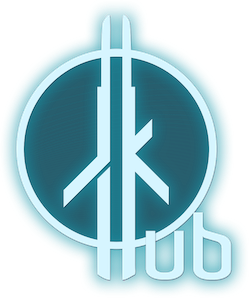

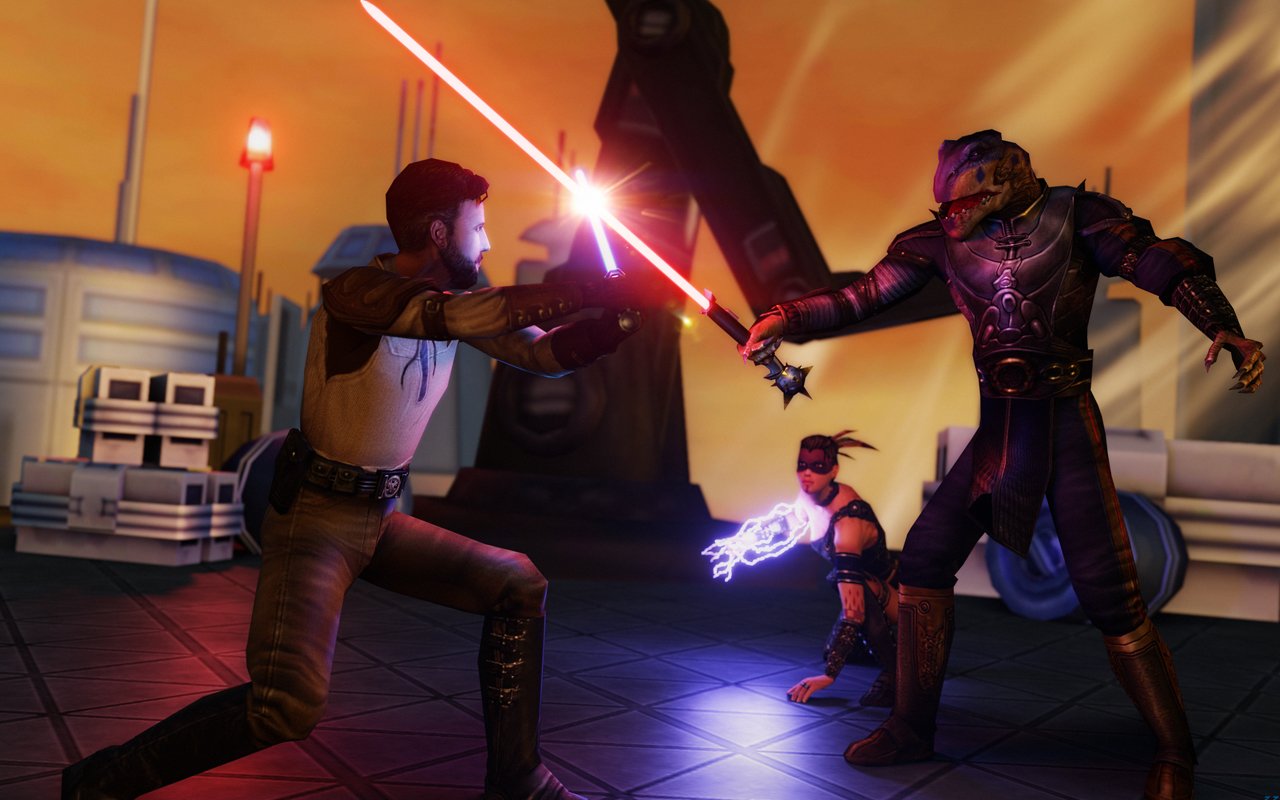
 1st Place Winner Reepray with Rishi Station 2,
1st Place Winner Reepray with Rishi Station 2,  2nd Place Winner chloe with Oasis Mesa, and
2nd Place Winner chloe with Oasis Mesa, and  3rd Place Winner Artemis with TFFA Brutal! Amazing submissions by everyone!
3rd Place Winner Artemis with TFFA Brutal! Amazing submissions by everyone!
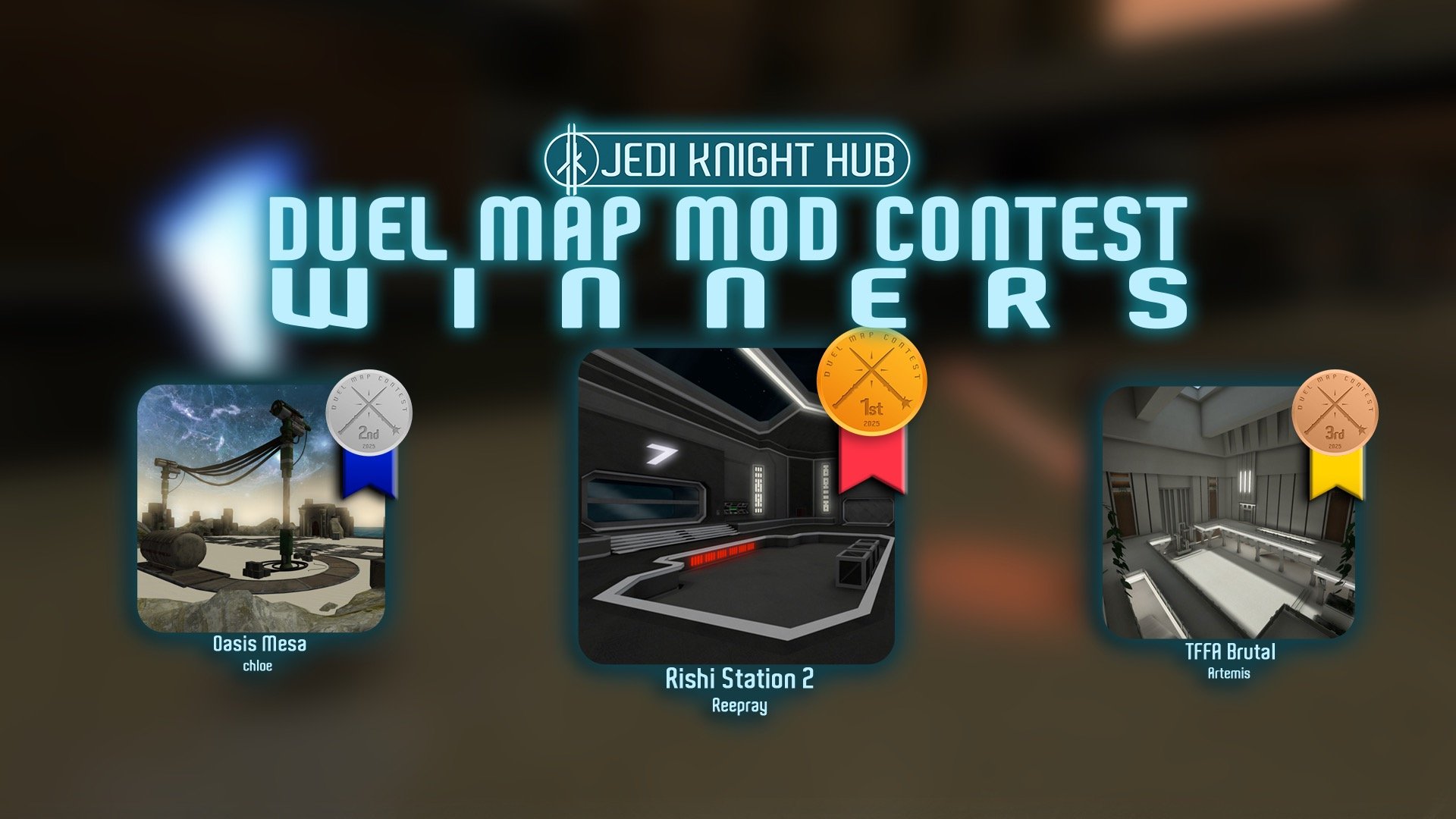
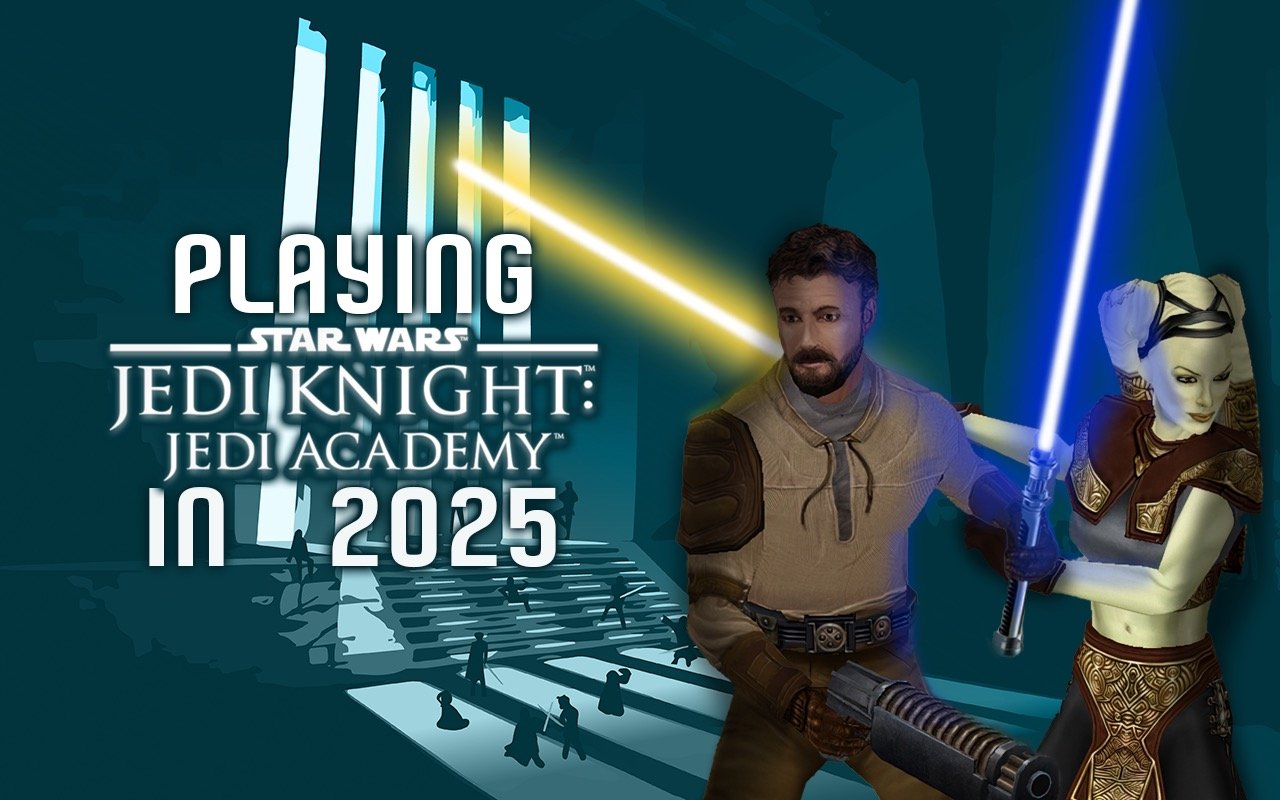
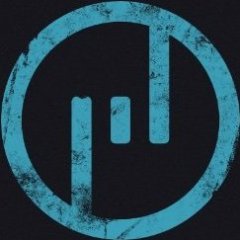
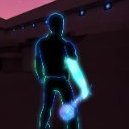
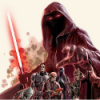


Recommended Comments
There are no comments to display.
Create an account or sign in to comment
You need to be a member in order to leave a comment
Create an account
Sign up for a new account in our community. It's easy!
Register a new accountSign in
Already have an account? Sign in here.
Sign In Now